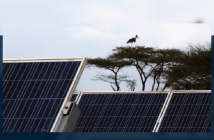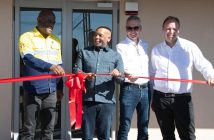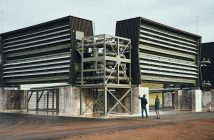- Eskom has announced that as a result of the loss of additional generation, delays in the return to service of units that are on planned maintenance and limited diesel supply, it has become necessary to implement stage 2 rotational loadshedding from 09:00 until 23:00 in order to protect the power system from a total collapse.
- The supply constraint is caused by, among others, five generating units that are unavailable due to boiler tube leaks.
In the System Status Briefing of 4 September 2019 Eskom warned that in order to avoid loadshedding, unplanned breakdowns needed to be contained at below 9 500MW. In the event generator breakdowns are experienced beyond 10 500MW there will be high usage of emergency resources (diesel and pumped storage generators), which may lead to loadshedding if the supply constraints is sustained for a long duration.
The severe supply constraint being experienced has come about due to high levels of unplanned breakdowns that have exceeded the 10 500MW limit. The supply constraint is caused by, among others, five generating units that are unavailable due to boiler tube leaks. In addition, a conveyor belt supplying Medupi Power Station with coal failed on Saturday 12 October resulting in low volumes of coal being supplied to the power station thus limiting the generating capability to approximately half the station output.
Due to the shortage of generating capacity from coal fired generation, the pumped storage and OCGT generators have been used extensively since Saturday, 12 October which has led to a decline in the dam levels and diesel tank levels.
Author: Bryan Groenendaal
Source: Eskom











